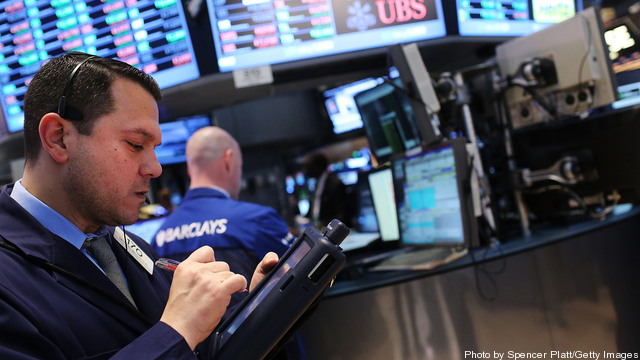
What gets measured gets managed is one of the truisms of the contemporary business environment, particularly as tools for collecting and analyzing data continue to proliferate across sectors. And as more companies include “sustainability metrics” in their self-measurement tools, the sector is seeing increased management and investor attention.
Major service providers, like the global accounting and consulting firm PwC, are seeing the change on the ground at firms and rushing to guarantee they are able to help their clients manage the newly visible risks and opportunities that come with these novel and increasingly detailed data sets.
“We’re largely in a pre-regulatory environment in the US, but companies are starting to quantify the investments they make,” PwC principal Matt Haskins told Breaking Energy in a recent briefing following the AGRION Energy & Sustainability Summit in New York City this month. “There is a whole group of sustainability products and investments that make sense even without monetizing the sustainability aspects,” he said, notably energy efficiency projects.
“There is an entire class of investors that is assessing where companies are on sustainability,” including their risk for business critical problems like energy price shocks, supply chain disruptions and water shortages,” PwC managing director George Favaloro said during the briefing. “This is starting to be a more pressing issue set.”
Financial firms, many of which have deep experience in data collection and management and also are seeking to understand risks on behalf of their clients, have been early leaders in US sustainability investments.
The question of whether sustainability can impact brand perception is being asked more widely, Favaloro said, with companies working to quantify whether not being perceived as sustainable is a longer term risk. That is bringing in firms from outside the usual groups that win sustainability awards, including industrials and packaged goods firms, though PwC employees don’t discuss individual firms.
The accounting profession has the opportunity to lead in improving sustainability and associated transparency, Haskins said, citing the “SASB” integrated reporting approach. The Sustainability Accounting Standards Board calls itself a “non-profit organization engaged in the development and dissemination of industry-specific sustainability accounting standards.”
